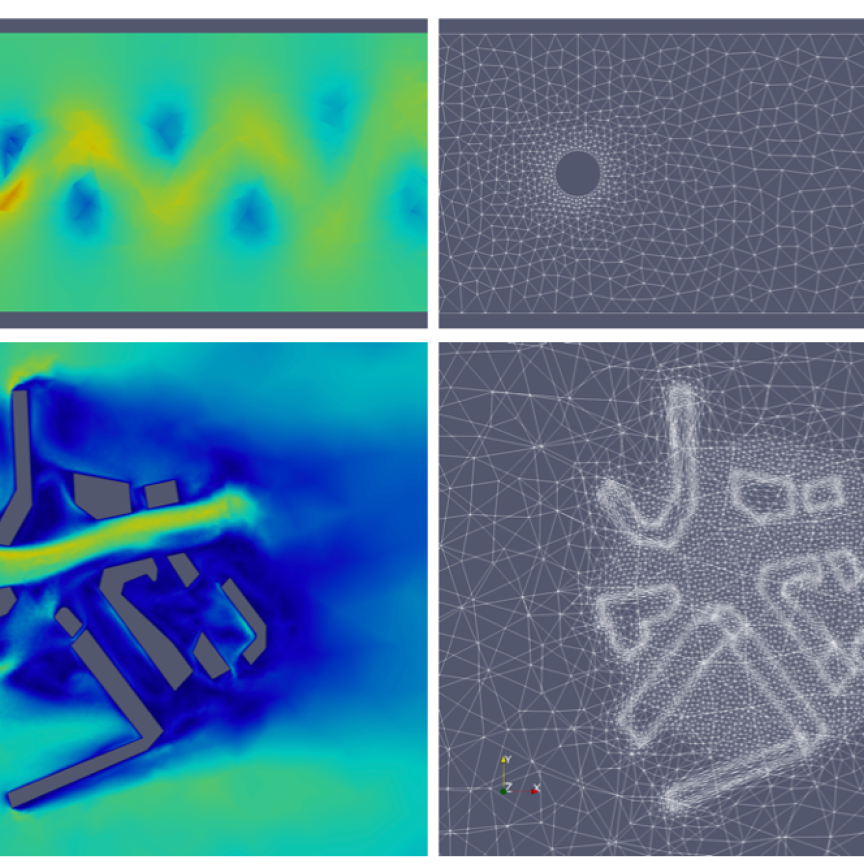An international team of scientists, including researchers from TU Kaiserslautern, Heidelberg Institute for Theoretical Studies (HITS) and the Karlsruhe Institute of Technology (KIT) have unearthed new species of eukaryotic organisms in tropical rainforest soils using german supercomputer SuperMUC.
The researchers examined the presence and diversity of protist organisms in rainforest soils by analysing their DNA using SuperMUC which is housed at the Leibniz Rechenzentrum (LRZ) in Garching, Germany part of the Gauss Centre for Supercomputing. The research findings have recently published in a paper entitled: ‘Parasites dominate hyperdiverse soil protist communities in Neotropical rainforests’ in the journal ‘Nature Ecology and Evolution’.
The research project collected soil samples from in lowland rainforests of Costa Rica, Panama, and Ecuador and then isolated and analysed the DNA of the microorganisms in Germany. ‘We analysed a total of over 130 million DNA sequences which posed a grand bioinformatics challenge,’ stated Lucas Czech from Heidelberg Institute for Theoretical Studies.
An initial comparison of the sequence data to already known species showed that the much of the data collected from these samples belonged to new, still unknown species.
The researchers then completed a more detailed analysis, ‘using the so-called phylogenetic placement method, we identified almost all sequences,’ stated Micah Dunthorn of TU Kaiserslautern who was the corresponding author on the nature paper.
Using this method the researchers were able to classify the new species into different types of protist groups. Protist is a term for any eukaryotic organism that is not an animal, plant or fungus.
‘These phylogenetic placements allow to better characterise the protist sequences by taking their evolutionary history into account,’ stated Alexandros Stamatakis from the Heidelberg Institute for Theoretical Studies (HITS) and the Karlsruhe Institute of Technology
The analysis required more than 1 million processor hours on the LRZ SuperMUC system. ‘Without the outstanding high-performance computing infrastructure in Germany and especially at LRZ, this study would not have been feasible. The availability of SuperMUC constitutes an essential national advantage in the international scientific competition’, said Stamatakis.
This research discovered many unknown species, including parasites, which may contribute to the stability of rainforest ecosystems. Until now it was commonly thought that insects and arthropods represent the largest and most diverse group of organisms in tropical rainforests. However Dunthorn reports that this new study brings this notion into question.
However Dunthorn reports that this new study brings this notion into question. ‘There may be hundreds of thousands of different insects in a single hectare of rainforest, but the number of protists is likely to be even greater’ stated Dunthorn.

